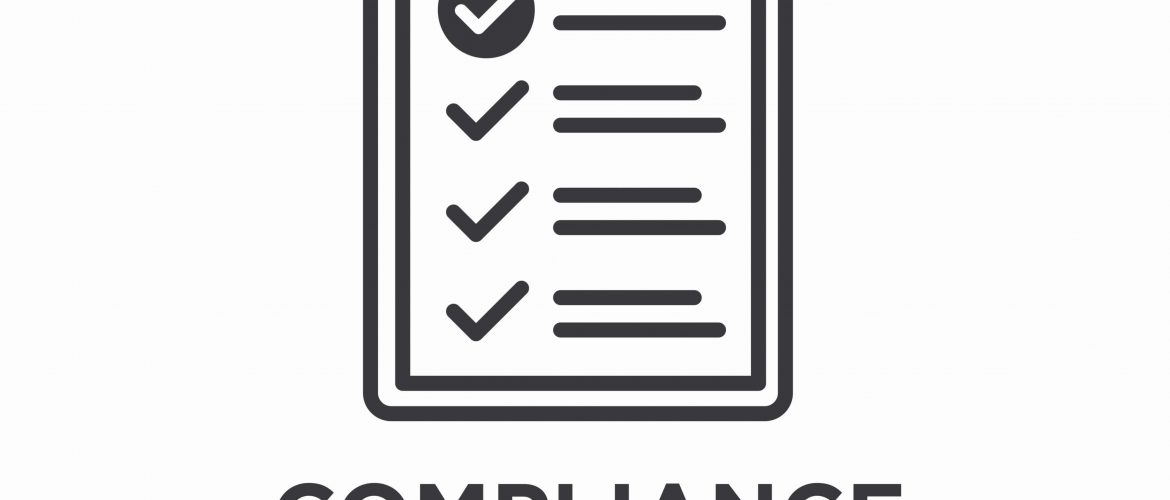When the Coronavirus outbreak occurred, visitations of nursing home residents by family members and close friends were discontinued in most circumstances. Now, after residents have spent more than 80 days isolated in their rooms to mitigate the spread of COVID-19, specialists are expressing concern that this isolation may cause an increase in depression for residents.
Colorado’s Department of Public Health and Environment (CDPHE) recently created what it is calling the Residential Outbreak Task Force whose goal is to give vulnerable nursing home residents more freedoms, but still protect them.
The Residential Outbreak Task Force has developed a plan based on strategies to prevent the spread of COVID-19 that includes infection control education and enforcement, more testing, provision of PPE for residents and staff, and identifying additional staffing that can assist during such outbreaks.
Health officials believe that the new visitation plan’s goal is to improve quality of life for residents living in long-term care facilities, while continuing to keep them safe. The governor has named the plan “Lifeline Pass.” In general, the plan will allow relatives who test negative for COVID-19, have not had any known exposure, and are not exhibiting any Coronavirus symptoms, to visit residents outside the facility. It should be noted that visitation opportunities will expire 48-hours after a negative test result.
The specifics of Colorado’s “Lifeline Pass” plan may be reviewed at https://covid19.colorado.gov/ltcf
Compliance Perspective
Failure by a facility to follow the most current state, county, and city COVID-19 restrictions and guidelines for allowing or preventing visitation with residents by family and friends could place residents in jeopardy for contracting the disease, and may be considered a violation of state and federal regulations.
Discussion Points:
- Review policies and procedures for following CMS, CDC, state, and local guidelines for allowing the visitation of residents by family and friends.
- Train staff on guidelines in effect for visitation of residents and any requirements for use of PPE, hand hygiene, social distancing, and the presence of staff during those visits.
- Periodically audit to learn if visitation guidelines have been revised by government agencies, and ensure that they are being carefully followed.












































































